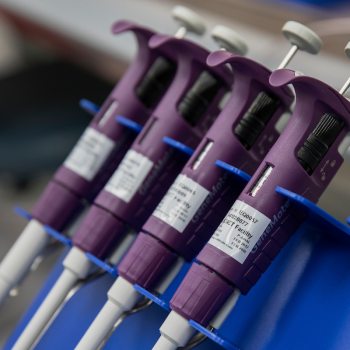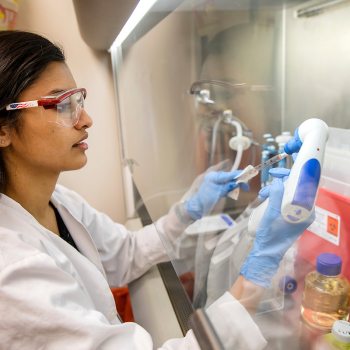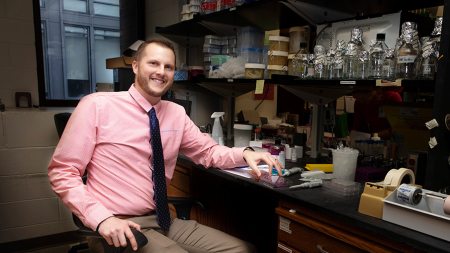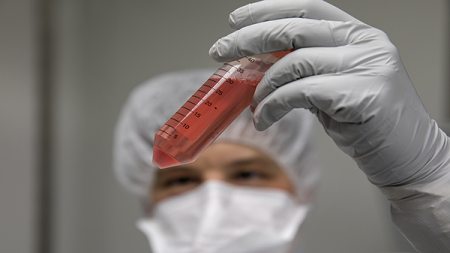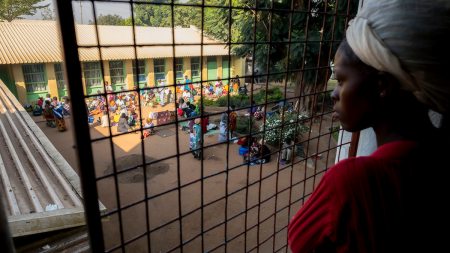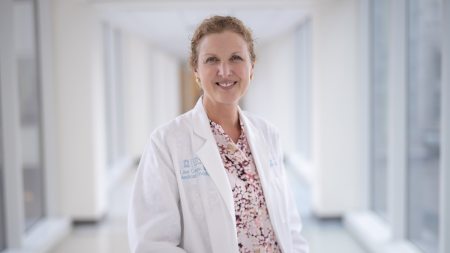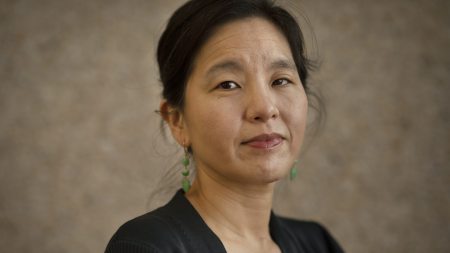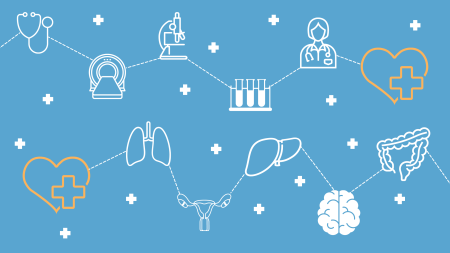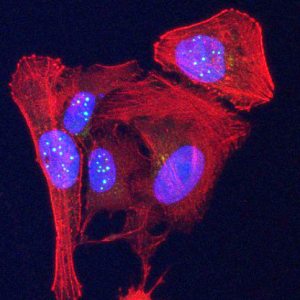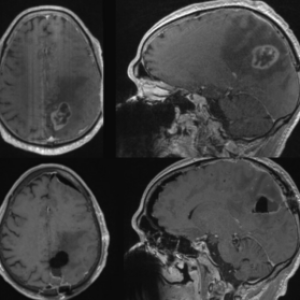RNA discoveries drive oncologist’s next chapter
Chad Pecot specializes in caring for patients with lung cancer and conducts research into how various types of RNAs promote the spread of cancer. His lab at UNC Lineberger also studies how RNA can be engineered into cancer therapies. His focus on RNA has led to an appointment as the director of the newly established UNC RNA Discovery Center, an inclusive community of scientists dedicated to investigating all aspects of RNA biology.
